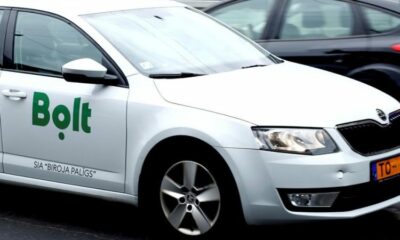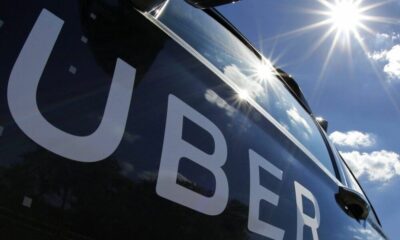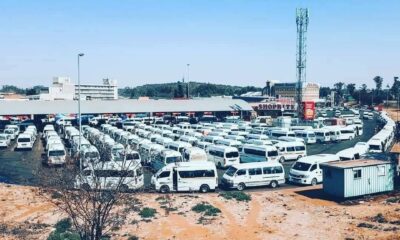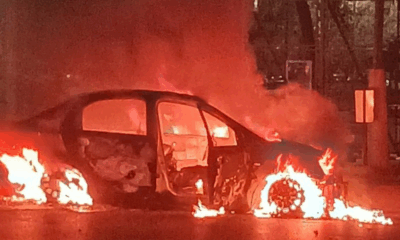Business
“We’re Not Fighting for Much; Just a Fair Price”: Uber Drivers Down Tools in Joburg
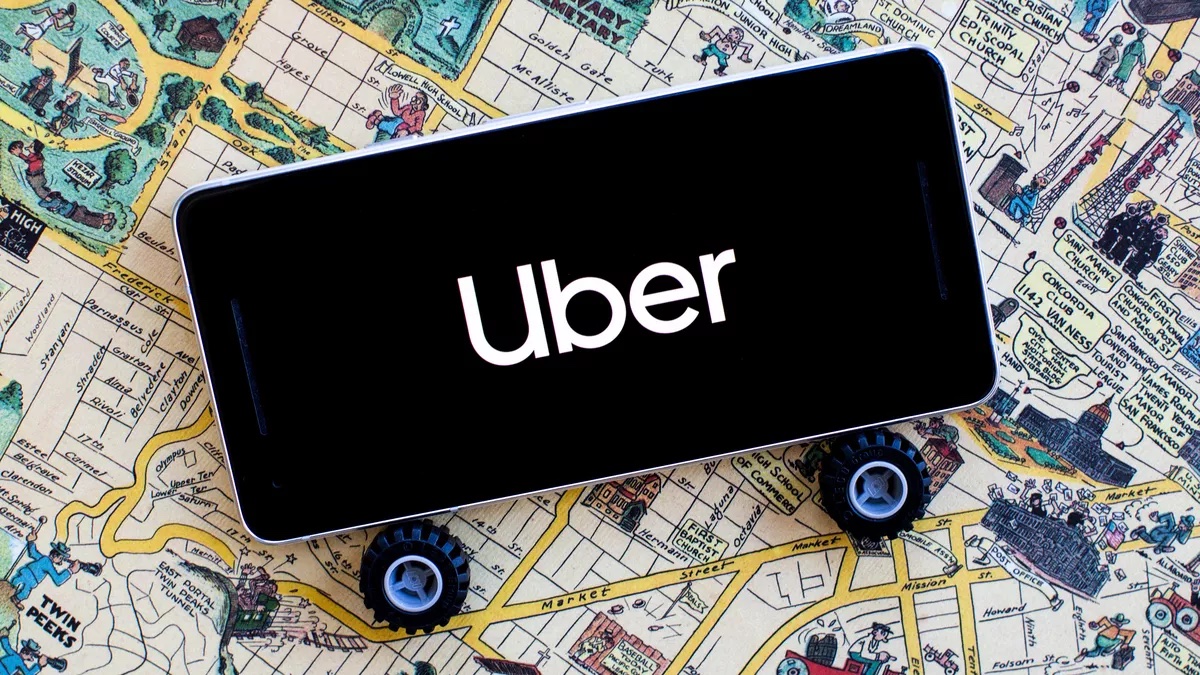
Uber riders across Johannesburg were left scrambling on Tuesday morning as local drivers took their protest to the streets and straight to Uber’s doorstep.
From the early hours of the morning, Uber users began reporting long wait times, trip cancellations and higher-than-usual surge pricing. The cause? A citywide driver strike, led by local e-hailing operators who say they’ve had enough of low fares and high commissions.
Drivers began their protest in Kramerville before marching to Uber’s Johannesburg headquarters in Parktown, demanding action on fare adjustments and what they call an exploitative commission structure.
“We’re Only Fighting for a Price”
Awelani Mashete, a driver who helped coordinate the action, made it clear: this is not about complicated politics; it’s about survival.
“We will continue with the strike until they answer our demand. We are not fighting for many things. We are only fighting for a price,” said Mashete.
At the centre of the strike is Uber’s commission rate, which drivers say can eat up 40 to 50 percent of each trip. After covering fuel, insurance, and car maintenance and still needing to take home something to live on, many drivers say they’re running on empty, both financially and emotionally.
Joburg Left Stranded
With Uber drivers switching off their apps in solidarity, many commuters in the city were left stranded. Social media has since filled with frustrated posts from Joburgers unable to get to work, school, or appointments.
Local ride-hailing WhatsApp groups lit up with warnings to “find a meter taxi” or “grab a lift from someone reliable today.” Others shared frustration about how dependent Joburg has become on app-based transport in the absence of consistent public alternatives.
Some users said Bolt appeared to be still operating, though others noted delays and inflated pricing as demand shifted.
This Isn’t the First Time
The tension between e-hailing drivers and platforms like Uber isn’t new. In 2021, drivers protested outside Parliament in Cape Town, demanding better fare structures and lower commission rates. The grievances echo today’s concerns, which many say have only worsened with rising fuel prices and living costs in 2025.
Despite past protests, drivers say not enough has changed. The current shutdown suggests a growing urgency and a refusal to return to the road under current conditions.
Uber’s Response?
At the time of writing, Uber South Africa has not released an official statement responding to Tuesday’s protest. It remains unclear whether any negotiations are underway or if services will normalise soon.
What is clear, though, is that drivers are not backing down. Their message to the public is firm: find another way to travel, because this isn’t over yet.
A Bigger Conversation About Fair Work
This strike also reopens the broader debate about gig economy labour rights in South Africa. Uber drivers, like many platform-based workers, are not considered employees and thus do not receive benefits like UIF, healthcare, or paid leave. Yet, they bear the full burden of operational costs.
While Uber maintains it offers flexible earning opportunities, drivers argue that flexibility without fairness is not freedom; it’s just exploitation in a new uniform.
For now, Johannesburg commuters may need to find a backup plan. But the drivers on strike are hoping this disruption starts something bigger, a real conversation about dignity, wages, and the value of their wheels on the road.
Also read: Parks for Sale? Joburg Faces Outrage Over Botanical Garden and Sports Club Plans
Follow Joburg ETC on Facebook, Twitter , TikTok and Instagram
For more News in Johannesburg, visit joburgetc.com
Featured Image: Good Things Guy

